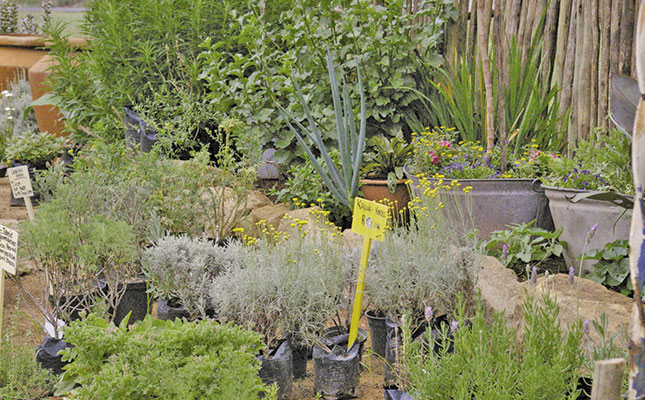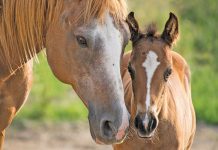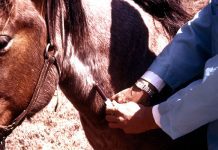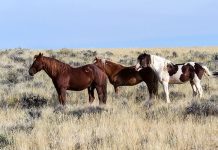
Lyme disease is caused by the bacteria-like organism Borrelia burgdorferi. The disease is carried by ticks and mostly affects humans and dogs. As the tick feeds, it deposits its infectious cargo into the host’s bloodstream.A blood test for the disease is available, but because the condition is so rare in South Africa, horse owners seldom suspect it when their horses become ill. A horse with a weak immune system is more susceptible to Lyme disease.
The following are signs of the disease:
• General weakness and lethargy;
• A temperature above 38°C;
• Stiffness in the whole body;
• A lameness that comes and goes;
• Poor appetite;
• One or more swollen joints;
• Temporary facial paralysis.
Preventative measeures
I am a firm believer in taking a horse’s temperature twice a day, and have been doing so for the past 20 years. The amount of valuable data that I have collected is amazing. Each horse should be treated as an individual. Knowing their vital signs make spotting an illness easier – and will save you much heartache. Ensure that vaccinations, deworming and feet and teeth examinations are up to date. Your horse’s immunity is affected by its environment, so flies also need to be controlled.
Treatment of Lyme disease is usually carried out by your vet and involves antibiotics. It’s also a good idea to feed the horse a good herbal immune booster. All horses should be kept in the best possible condition. This will help to prevent m0ost illnesses.
Lucerne is very good for any immune disorder as it supplies needed minerals. A slice of lucerne in the morning and at night will help horses that are ill or recovering from an illness.
Alternatives
Dandelion root, ginseng, hawthorn, horsetail, and marshmallow root are all good for helping to rebuild the blood and damaged tissue. I like to add 30g of dried herbs to the feed. Echinacea is an excellent immune enhancer. It fights inflammation and bacterial and viral infections, and will also stimulate certain white blood cells. Goldenseal (Hydrastis canadensis) is a natural antibiotic. Place 2ml in the horse’s bottom lip three times a day. It should never be administered for more than seven days and is not safe for pregnant mares.
Milk thistle (Silybum marianum) will help to protect the liver, which takes most of the strain with Lyme disease.Red clover (Trifolium pratense) will cleanse the blood and fight infection. Barley greens will give the horse more energy. Olive leaf extract also has healing properties.Return a horse gradually to work after an illness. Make sure that you have the thumbs-up from you horse’s caregiver before you change treatment.Finally, consider planting herbs in your paddocks. This allows your horse to self-medicate if it needs to.
Phone Kim Dyson on 082 888 6511 or email [email protected]. Subject line: Horse Therapy.












